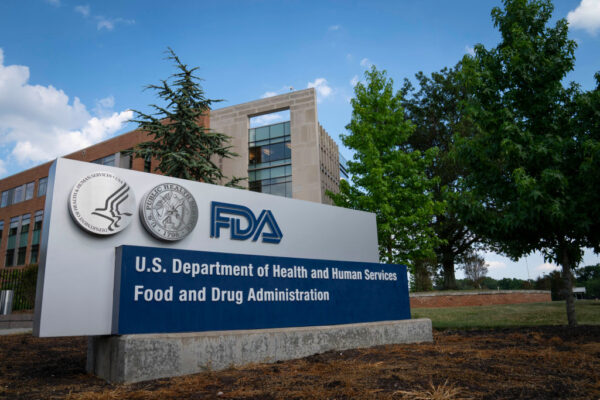
Verve Therapeutics now has the formal FDA documentation specifying what the regulator wants to see before it allows the company to begin human testing of its gene-editing therapy for an inherited form of high cholesterol.
VERVE-101 is designed to turn off PCSK9, a gene that produces a liver protein that makes it more difficult for the body to clear low-density lipoprotein, the “bad” form of cholesterol. Patients have already been dosed in a clinical program underway in New Zealand and the U.K. Last month, the FDA placed a clinical hold on the Boston-based company’s new drug application for a U.S. trial.
The FDA wants to see more preclinical data regarding potency differences between human and non-human cells as well as additional data about the risks that the changes made by the therapy can be inherited by a patient’s children, Verve said in a Monday regulatory filing. The FDA asked that Verve modify the clinical trial protocol in the U.S. to incorporate additional contraceptive measures and to increase the length of time between the dosing of patients.
The FDA also has concerns about off-target effects. The filing states the agency asked the company to provide analyses of data showing whether the therapy’s effects reach cell types beyond liver cells. Furthermore, the FDA has asked to see the available data from New Zealand and U.K. so far. Those data were not part of the initial submission filed with the FDA. Verve said enrollment is continuing in those regions and the company plans to report initial safety and pharmacodynamic data from the dose-escalation part of the trial in the second half of 2023. Without specifying a timeline, the company said it plans to submit a response to the FDA’s information requests “as expeditiously as possible.”
The lifting of a clinical hold on another experimental genetic medicine was among the other recent regulatory news from the past week, which included two drug approvals and one rejection. Here’s a roundup of those developments:
—The FDA lifted a clinical hold on the investigational new drug application for a Beam Therapeutics gene-edited cell therapy for acute lymphoblastic leukemia. The FDA placed the hold on the program, BEAM-201, in August. With the hold lifted, the Cambridge, Massachusetts-based biotech is now cleared to proceed with tests in humans. BEAM-201 is an off-the-shelf cell therapy that employs four edits made with base-editing technology. Beam said it will provide details for the program’s next steps in 2023.
—The FDA has approved the first fecal microbiota treatment for preventing the recurrence of Clostridioides difficile (C. diff) infection in adults. The regulatory decision covers those who have finished a course of antibiotics for the potentially deadly infection. The Ferring Pharmaceuticals product, named Rebyota, is made from stool provided by qualified donors. This rectally administered live biotherapeutic is intended to restore the gut microbiome, which in turn prevents episodes of C. diff infection.
—A Rigel Pharmaceuticals drug won FDA approval for treating acute myeloid leukemia (AML) with a particular genetic signature. The South San Francisco-based biotech will commercialize the drug, olutasidenib, under the name Rezlidhia. The small molecule is designed to target mutated isocitrate dehydrogenase-1 (IDH1), an enzyme found in cancerous cells. Blocking this enzyme is intended to restore normal differentiation of myeloid cells. The regulatory decision for Rezlidhia covers the treatment of adults whose AML has the IDH1 mutation as detected by an FDA-approved test.
—The FDA turned down Y-mAbs Therapeutics application seeking approval for its drug to treat a rare pediatric brain cancer. The drug, omburtamab, was developed to address leptomeningeal metastases, which is the spread of neuroblastoma from the brain to the membranes surrounding the brain and spinal cord. The negative regulatory decision came a little more than a month after an independent advisory committee to the FDA voted unanimously that New York-based Y-mAbs had not provided enough evidence to show that the clinical program, which compared omburtamab to a historical control group, improved overall survival in patients.
—Eli Lilly’s Covid-19 drug bebtelovimab is no longer authorized for use anywhere in the U.S. According to the FDA, the change was made because the antibody is not expected to work against the omicron subvariants BQ.1 and BQ.1.1., which together account for 57% of all cases nationally. Revocation of the Lilly drug’s emergency use authorization removes from the market the last remaining monoclonal antibody drug for Covid-19.
Photo: Sarah Silbiger, Getty Images
